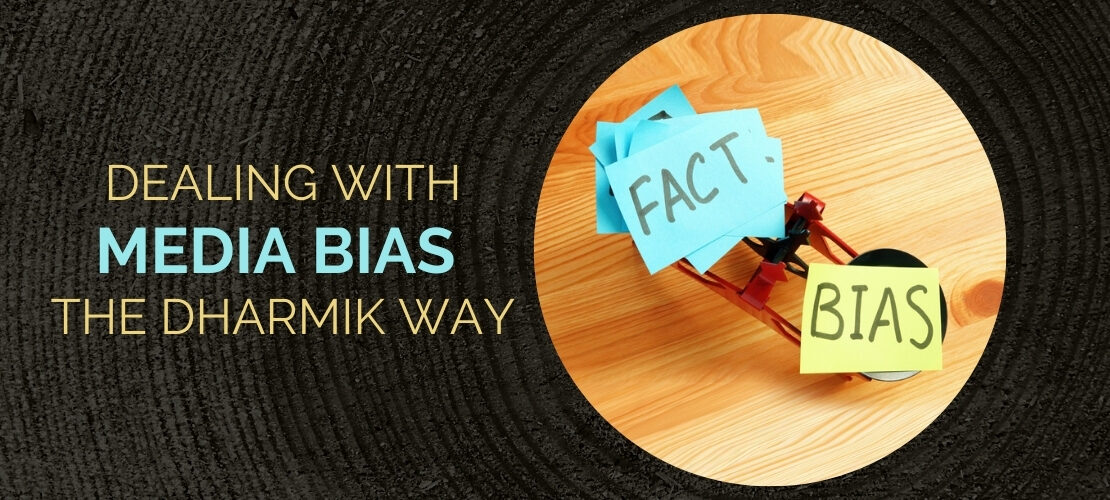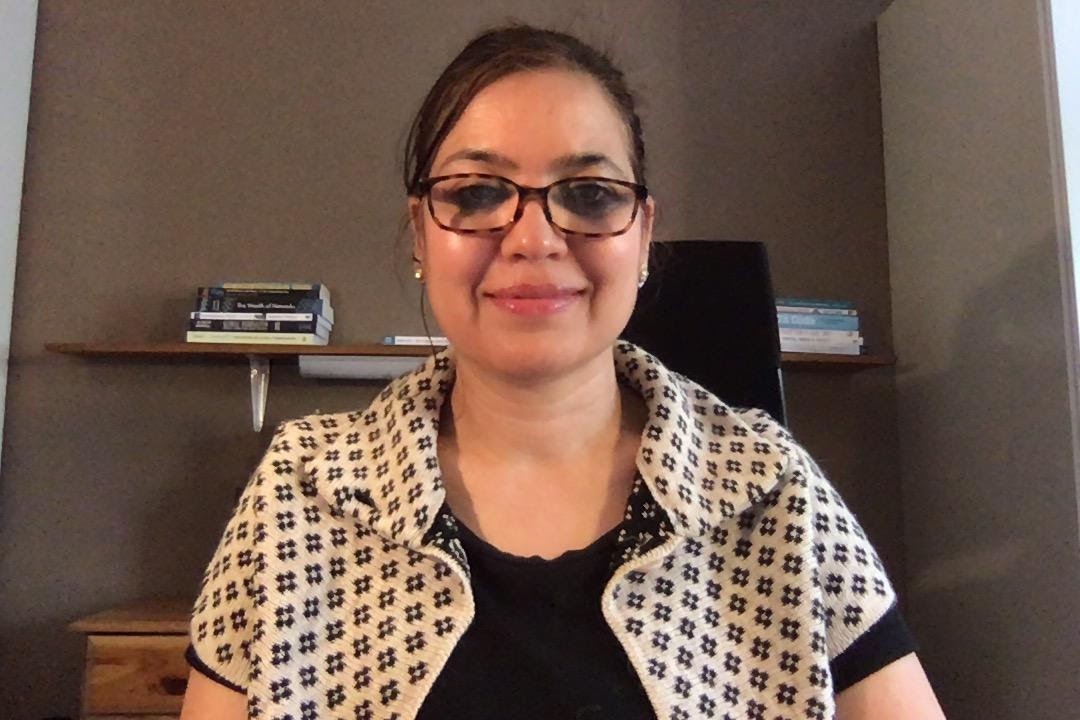
Dealing With Media Bias – The Dharmik Way
Media function in a context. Media are consumed in a context. The context of creation aims to widen its audience, to generate profits. The context of consumption is often dominated with the idea of entertainment, collective family viewing, and sometimes education and/ or information.
What happens when the two contexts interact? Is the result always for our best interests? Can we become a more discerning, critical consumer of media content? How can we use the understanding of Purusharthas to regulate our media consumption?
This Indica Course brings together media theories and a basic understanding of Purusharthas (four goals or strivings of human life) to critically analyze media messages, media consumption and its impact on our life-choices.
Faculty
22 August 2021 - 10 October 2021
6:00 PM - 8:00 PM IST
Every Sunday
Introduction
This Indica Course is for anyone interested in learning about how media technology and media content impact our daily lives.
Media industry in India, since liberalization of the economy in the 1990s, has changed enormously. The youth of today have no experience of a time when consumers had a choice to turn off media messages simply by turning off radio/television in their living room. Due to media ubiquity, those who do remember times before mobile media, may still not be able to turn off/away from media content.
Although it is a common understanding that media is constantly ‘selling’ through advertisements, the messages embedded in stories are consumed without much resistance.
Do we contemplate the impact of collective consumption of repetitive messages?
Do we understand that allowing electronic storytellers to replace grandmothers and parents limits the stories that we pass on to the next generation?
In this class we will discuss mediatization of our lives—when we live through media, whether consuming entertainment media content, at work place communicating via emails or forwarding WhatsApp messages to family members and how to make sense of it in the context of four purusharthas.
Learners will be given homework for self-reflection and study and tools for being a critical consumer of media content.
Objectives
The main objective of this Indica Course is to understand that media content and use of media technology is food for the mind. It is our responsibility to expose ourselves to the content that aids in our personal, professional and spiritual development.
Expected Outcomes
- To define and identify media and mediatization
- To become a discerning consumer of media
- To identify and describe (some) media theories that relate to media consumption
- To discuss media messages in the context of purusharthas
Syllabus
- Introduction to media. What is media? How to Identify it in our lives?
- Old and New: Media theories & concepts
- Media, Mind and Us: Chakras & Three Gunas
- Media Messages and Their Inspiration (Dharma &/Vs. Religion)
- Kama: A misunderstood purushartha
- Vyavharika and Parmarthika: Artha & Moksha
- Review, Summary, Question & Answer session, sharing reflections, & discussion
Suggested Reading List
- Hjarvard, S., & Petersen, L. N. (2013). Mediatization and cultural change. MedieKultur: Journal of media and communication research, 29(54), 7-p
- Malhotra, R. (2007). Being Different An Indian Challenge To Western Universalism. HarperCollins
- McLuhan, M., & Mcluhan, M. A. (1994). Understanding media: The extensions of man. MIT press
- Postman, N. (2003). Technopoly. Bollati Boringhieri, Torino
- Postman, N. (2006). Amusing ourselves to death: Public discourse in the age of show business. Penguin
- Potter, W. J. (2013). Synthesizing a working definition of “mass” media. Review of Communication Research, 1, 1-30
- Zimmer, H. (2013). Philosophies of India. Routledge
NOTE: The books will be referenced throughout the course. Purchasing the books is optional. Much of the suggested readings are available on the internet and can be searched in google books.

